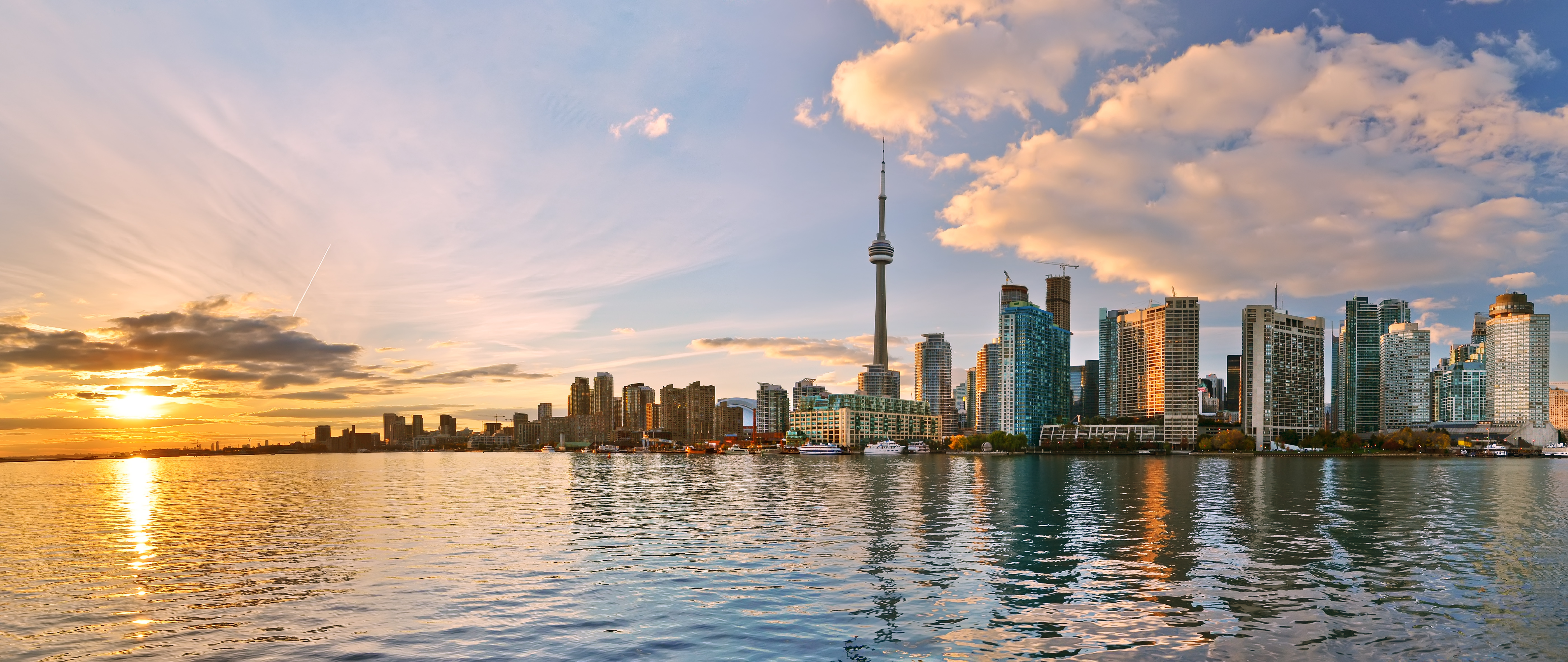
Big City Problems: Toronto’s issues impact federal and Ontario politics
After 144 days, Toronto again has a full-time Mayor. Former NDP MP Olivia Chow took office on July 12 after defeating 101 other challengers in the June 26 by-election. Chow won the office with 37% of the vote to former Deputy Mayor Ana Bailão’s 32%, with the others trailing far behind. Chow is the first left-wing candidate to win the mayoralty since 2006, and with her victory expanded the left’s electoral map from the city centre into Toronto’s suburbs.
Chow may have the misfortune of inheriting the city’s growing crises. Toronto faces a budget shortfall of over $900 million this year, driven by falling Toronto Transit Commission (TTC) revenues and the skyrocketing cost of Toronto’s shelter system. As Toronto must balance its budget every year, the city has been raiding reserve funds and slashing capital expenditures in recent years to bridge the gap – which only grows wider. The city argues that Toronto taxpayers should not have to bear these costs alone. Toronto’s transit system carries commuters into the city’s economic heart from beyond its boundaries. Toronto’s shelter system is struggling to house both a growing flow of refugees and asylum seekers, along with populations affected by drug addiction and mental health crises. These challenges did not originate in Toronto, but as Canada’s largest urban centre it is a focal point. Media coverage of refugee claimants sleeping on the street in front of downtown shelters finally spurred the federal government into action, but the broader problems remain.
During the election campaign, the city appealed to both the Ontario and federal governments for support, but received no extra funding in either 2023 Budget. Chow has promised to increase property and land transfer taxes on the wealthy to generate more revenue, but these tax increases will not cover the city’s needs; let alone the new spending Chow promised during the campaign. Absent any new sources of revenue, Toronto will face major tax hikes and service cuts unless another level of government intervenes.
Toronto’s fiscal challenge is compounded by its unaffordable housing. Decades of restrictive zoning policy has left the city with a housing shortage which has inflated prices to extremes. Some reports have suggested that Toronto is even losing housing units instead of adding them. The city did make major changes to its zoning rules during the campaign to facilitate ‘missing middle’ options, but may need to be pushed to go further.
Toronto’s housing crisis is attracting policy solutions from almost every political party. Ontario’s Progressive Conservative government is promising to build more homes, and last year passed expansive legislation granting ‘strong mayor’ powers to get it done. Chow, however, promised not to use these powers. At the federal level, a barrage of spending measures meant to accelerate housing construction have not yet shown results. Meanwhile, Conservative leader Pierre Poilievre is spending time campaigning in Toronto against ‘gatekeepers’, promising to withhold federal funding for cities that don’t build enough houses. It appears that the Conservative leader would relish the chance to run against scenes of urban dysfunction under the city’s first left-wing mayor in more than a decade, but in putting the spotlight on housing Poilievre is making the first consistent Conservative appeal to urban voters in a generation.
These crises and the political responses to them are putting Toronto and its future at the centre of Canada’s political debates. With 25 seats up for grabs in both the House of Commons and the Ontario Legislature, the city itself is an electoral powerhouse, and a further two dozen seats beyond its borders share similar voting patterns. Justin Trudeau’s Liberals have swept the city three times, though in 2011 the Harper Conservatives made significant inroads. Doug Ford’s PCs dominate the outer neighborhoods of the city, with the NDP claiming much of the centre. There is a highly competitive political landscape, and the emergence of contentious issues around Toronto’s future will make for some fascinating races in the next federal and provincial elections.
PAA will be following it all closely, from the heart of the action.